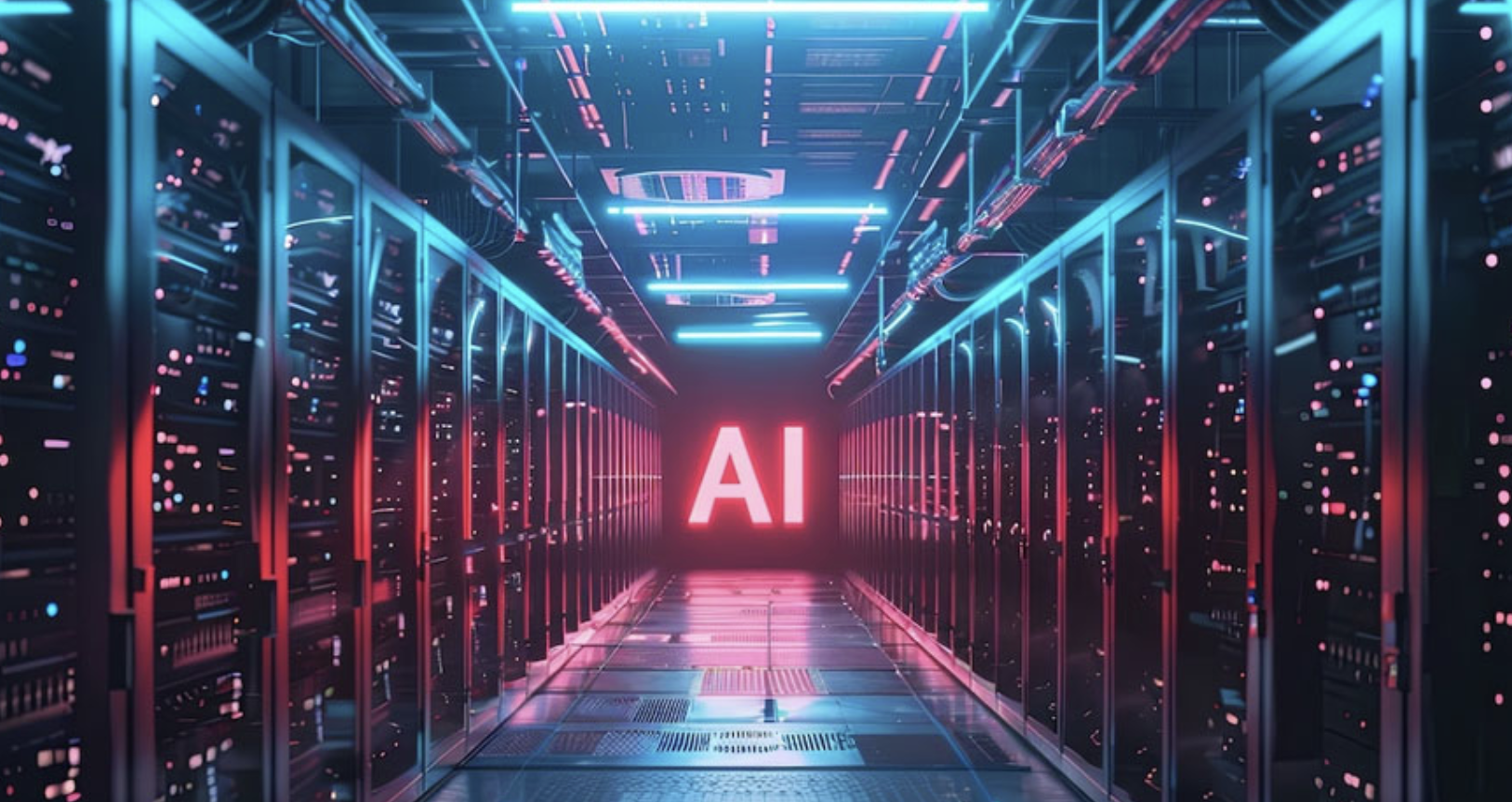By 2024, four in 10 companies plan to use AI for candidate interviews, with 15% relying solely on AI for hiring decisions.

AI-driven recruitment processes have become common, often leading to rejections before candidates connect with human resources.
AI Taking Over Human Jobs?
Concerns about AI taking over human jobs persist, including in the recruitment process. Employers use AI to streamline tasks like writing job descriptions and scanning resumes, freeing up time for more strategic activities.
AI systems are used to assess candidates’ qualifications and provide recommendations to hiring managers. Candidates may feel uneasy and not receive the human interaction they are expecting from AI-led interviews.
Some applicants claim cost savings and efficiency when using AI technologies to auto-apply to jobs, produce cover letters, and customize resumes. Employers may become skeptical of AI-generated application materials since they don’t seem personalized enough.
Candidates may try to trick AI systems by using tricks like changing the font size or pasting job descriptions onto their resumes. AI-generated application materials are being viewed with suspicion by employers, who prefer in-person interviews as the primary means of candidate screening.
Automated Hiring Procedures To Impact People With Insecure People
Using real-time cues derived from uploaded cover letters and resumes, artificial intelligence (AI) tools such as Final Round AI help candidates during video interviews. Because algorithms may reinforce preexisting biases seen in historical data, concerns regarding bias in AI recruitment procedures surface.
There is evidence of racial bias in employment practices, which has led to initiatives to reduce bias in AI systems. Early-stage or low-level job applicants may be disproportionately affected by AI, which could worsen hiring disparity.
Automated hiring procedures may have an impact on marginalized people whose jobs are insecure. Concerns over accuracy and fairness have been raised regarding the use of personality tests and evaluations in hiring procedures by some businesses.
AI-driven hiring procedures are unlikely to have an impact on high-level business roles because networking frequently plays a big part. The future of employment and job security are raised by the use of AI in hiring procedures.
With the increased reliance on AI-driven recruitment, efforts to ensure fair hiring practices and reduce prejudice in AI algorithms are ongoing. Beyond just affecting specific job searchers, AI is also influencing the larger field of employment practices and regulations.












